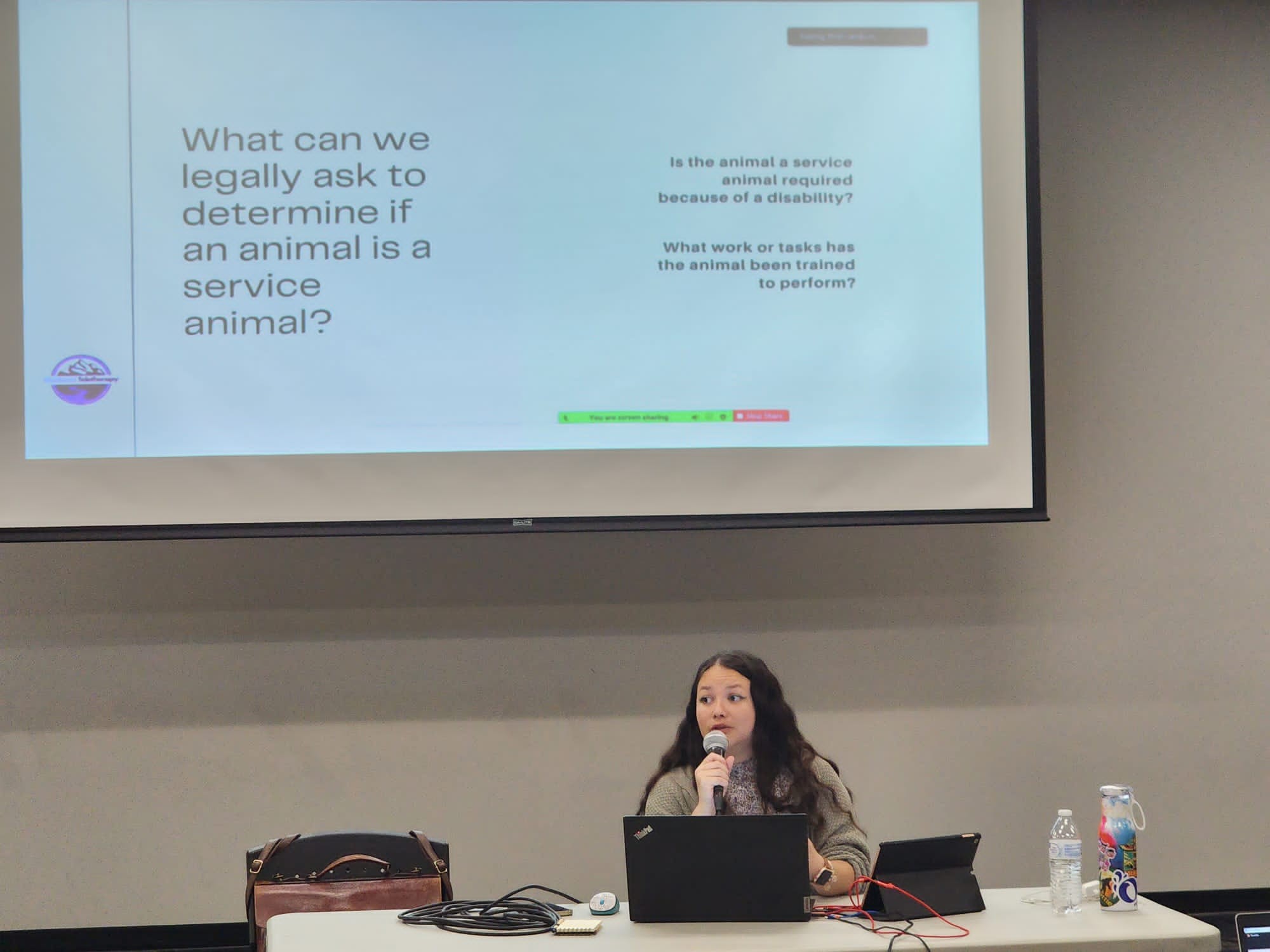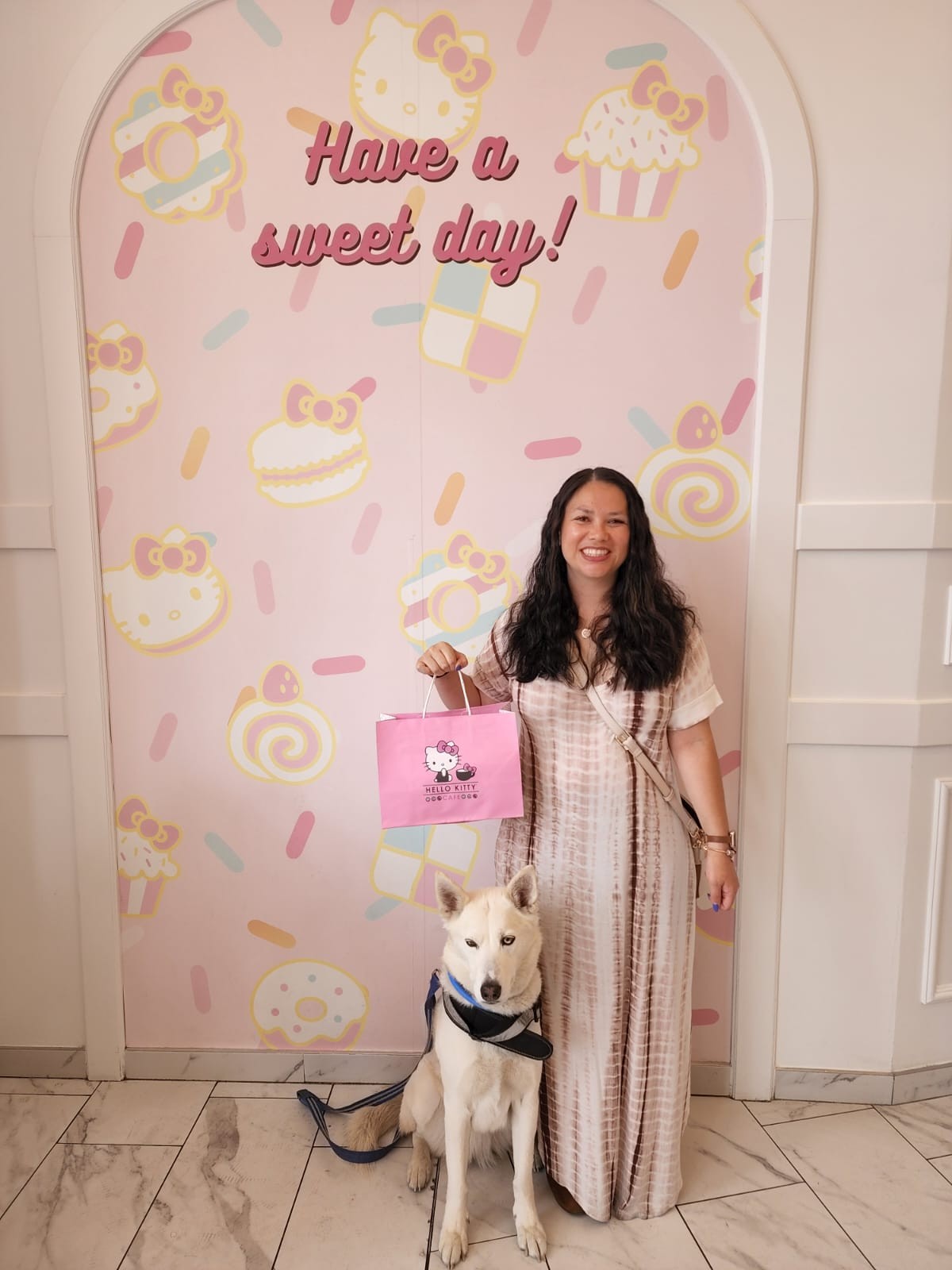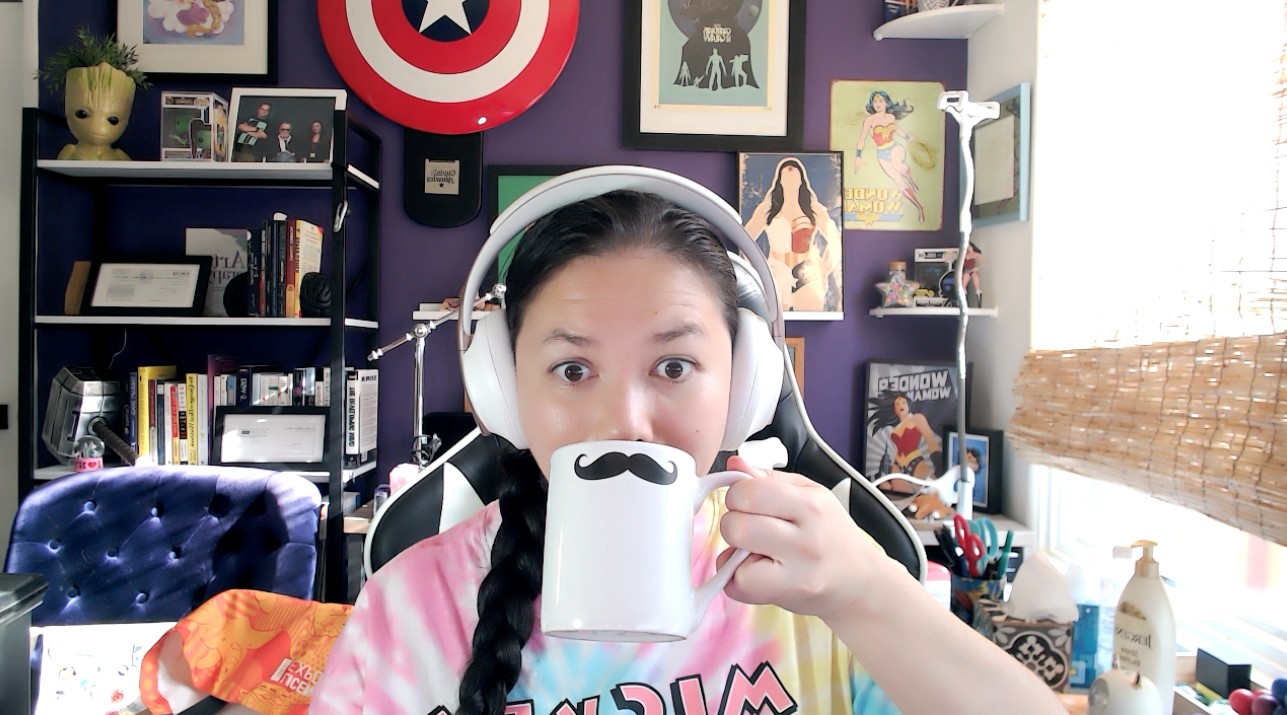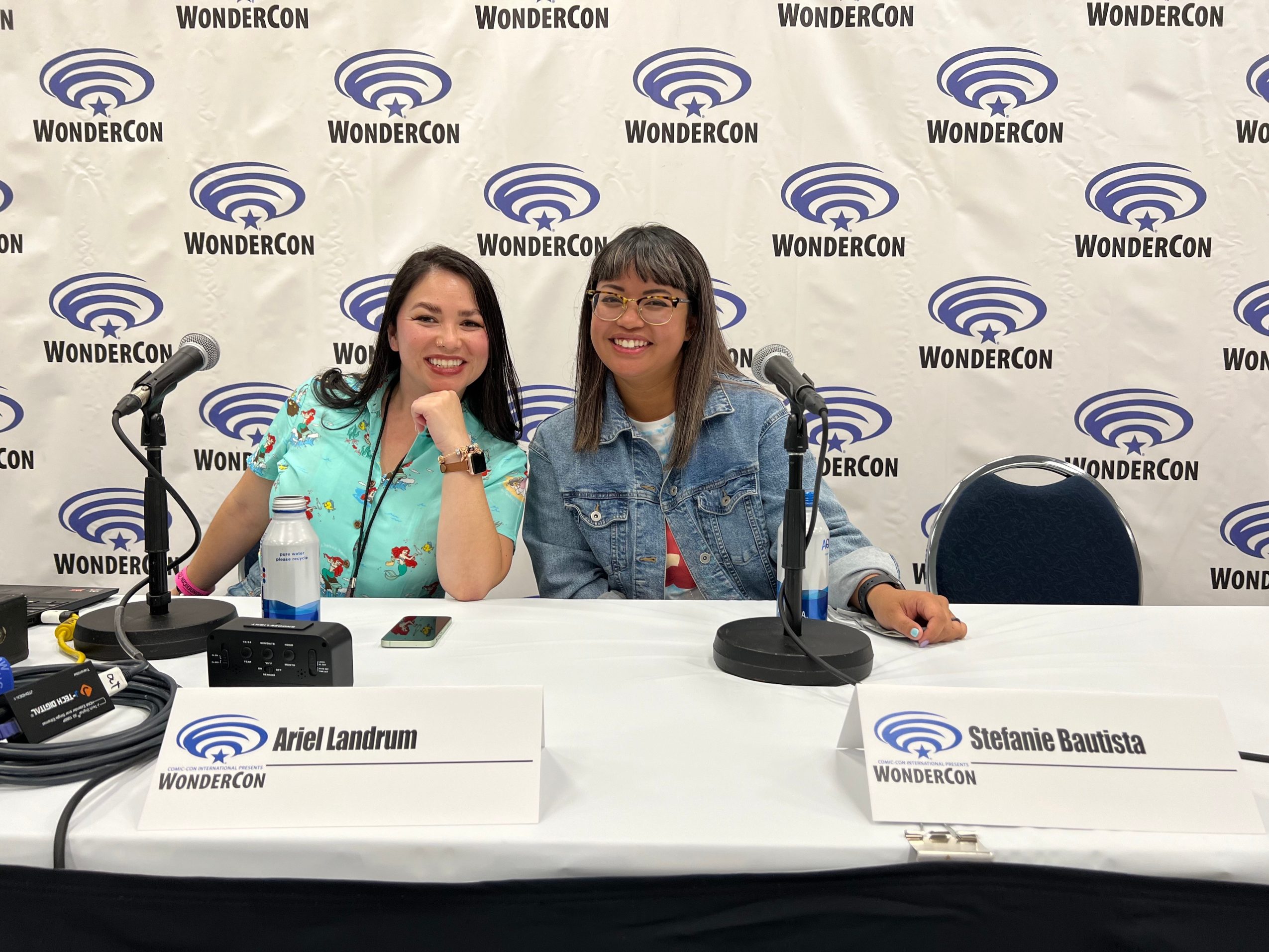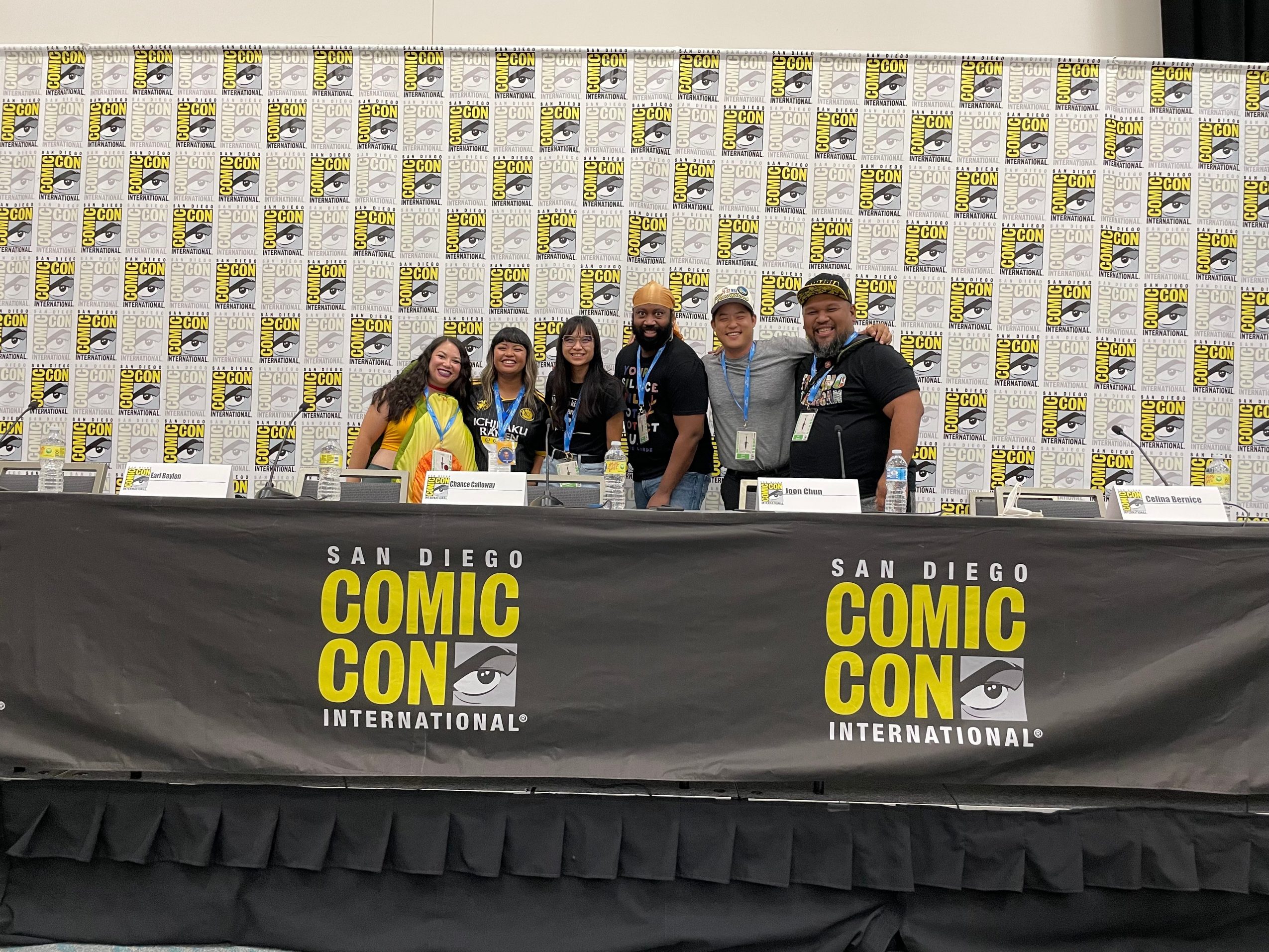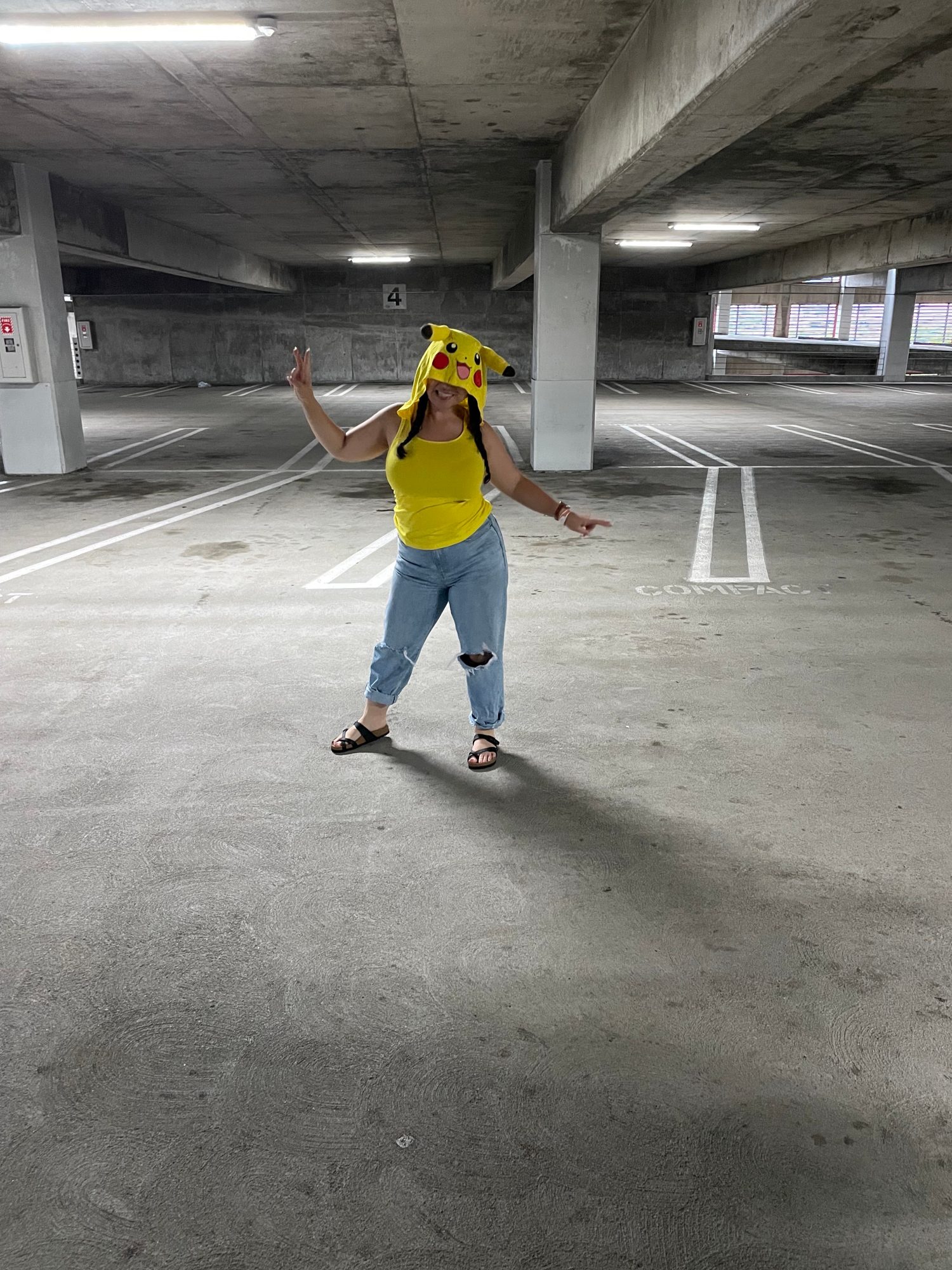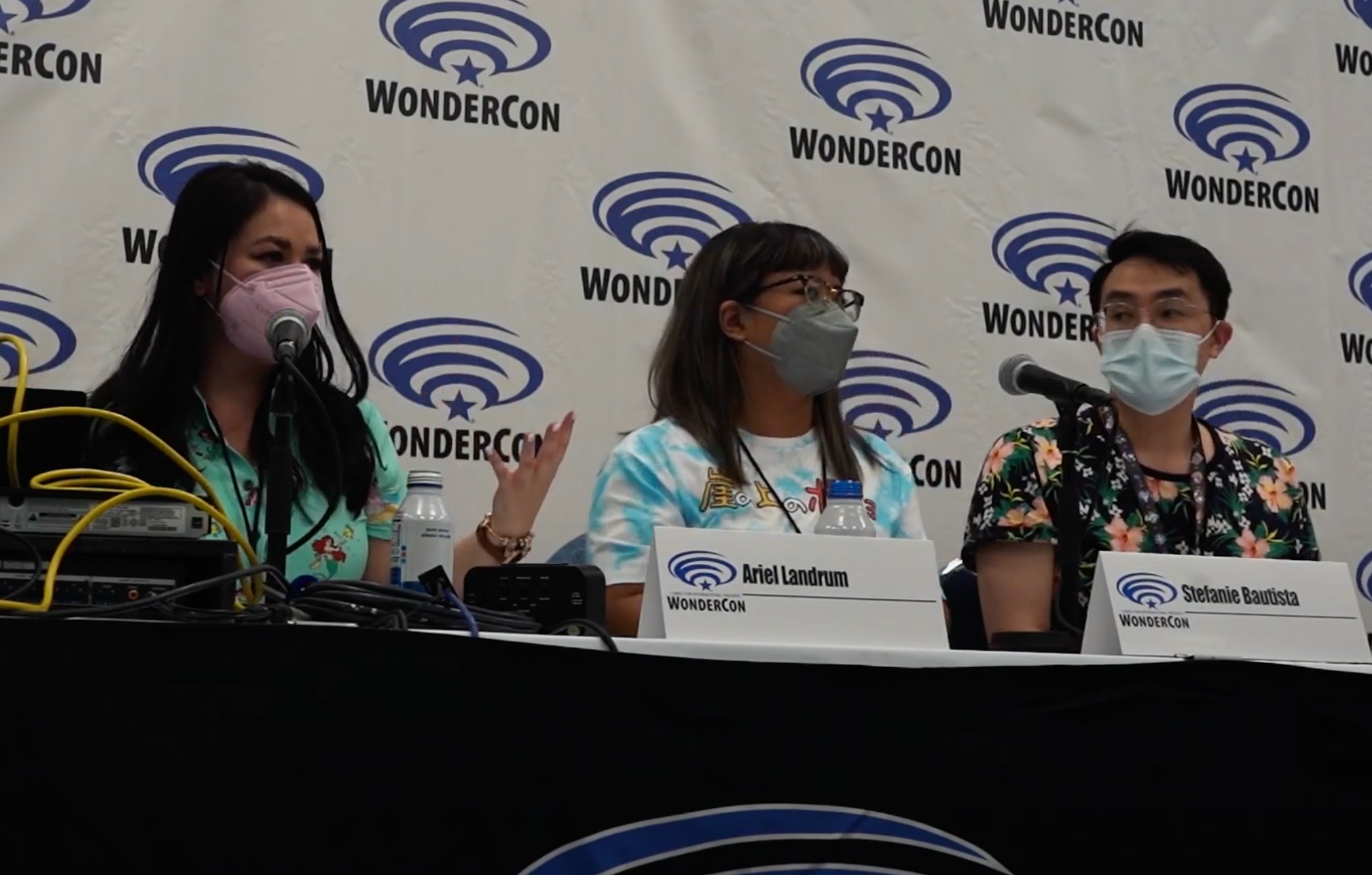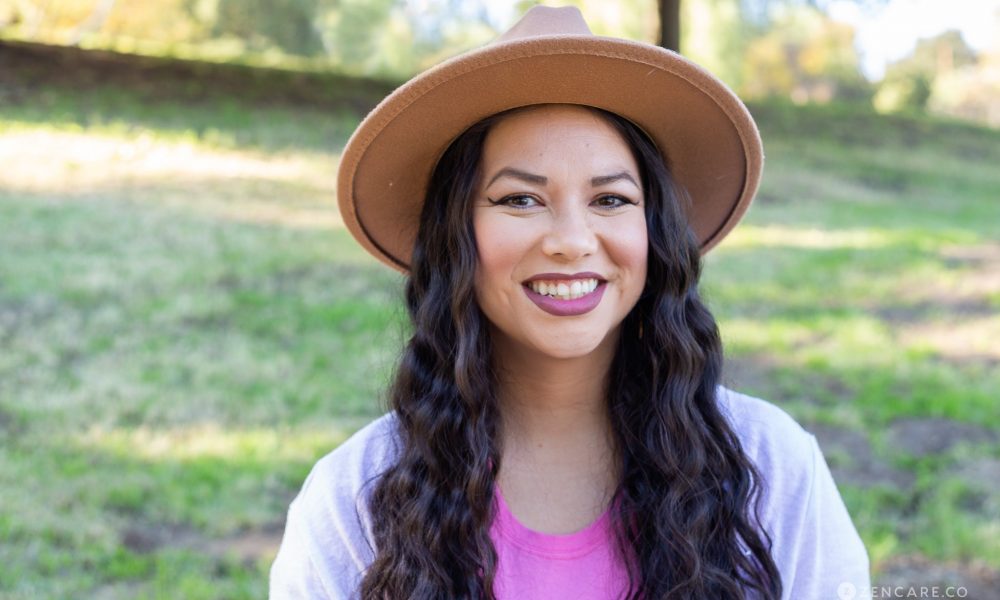

Today we’d like to introduce you to Ariel Landrum.
Hi Ariel, it’s an honor to have you on the platform. Thanks for taking the time to share your story with us – to start maybe you can share some of your backstory with our readers?
My father was in the military for 24 years, this was tough on me having to constantly move around and move away from family. At the age of eight, I was struggling with a learning disability and needed support. The military school I was attending at the time suggested I see the school counselor, and that experience changed my life. An adult listened to me, attempted to understand me, and guided me through difficult friend and classroom situations. Not only that, but this all happened through play and art making. I knew then that I wanted to be a counselor, and as I got older, I knew I wanted to incorporate art and play into my work. This led to me getting a Bachelor’s in Art Therapy with and Studio Concentration in Sculpture as well as a Master’s in Marriage and Family Therapy with an Art Therapy Specialization.
I have worked in school, home-based, hospital, residential, and methadone clinic settings. Working with couples, families, individuals, and groups, my practice is filled with children ages 8-17 and adults 18-70. The populations I specialize in supporting are military members and their families, the LGBTQIA+ community, and survivors of sexual assault.
Today I am a Licensed Marriage and Family Therapist, a Certified Art Therapist, and a self-identified Geek Therapist. I have been working as an online clinician since 2016, and in 2020 expanded my private practice into a co-op where I currently have 12 clinicians (members). I’ve been flown across the nation as a speaker at mental health conferences, provided mental health training to Fortune 500 companies, and in 2022 was given the highest honor a geek could have, hosting a panel at San Diego Comic-Con.
Alright, so let’s dig a little deeper into the story – has it been an easy path overall and if not, what were the challenges you’ve had to overcome?
To say the terrain was rough would be putting it mildly. Therapists in California have to obtain 3000 hours of interning before they are allowed to take the licensing exam. At that time, most of those hours weren’t paid. I was often working two or three jobs while providing as many volunteering hours at various clinical settings. There were times when I would have to make compromises or even borrow money from my family to pay the bills or even buy food.
Additionally, I had many supervisors who were not supportive of my clinical journey. Some had a clinical theory that didn’t align with my own, so they would often steer me in a direction that wasn’t helpful to my clients. Some were unavailable, often missing out on meetings or not responding to emails. Others were misogynistic, perpetuating harmful gender stereotypes, or worse, hitting on me.
Thankfully, each site I worked at introduced me to a core set of colleagues who I lean on to this day. We created study groups for the licensing exam, provide each other with referrals, and regularly check-in with one another. I consider myself lucky for being in the wrong places at the right times in order to meet them.
Thanks – so what else should our readers know about Guidance Teletherapy?
Guidance Teletherapy is a co-op where clinicians starting out in private practice join to get access to a referral base and contracts with various Employee Assitance Programs. Unlike a traditional group practice, clinicians pay a membership fee. For those who aren’t in the clinical field, most group practices do a 60/40 split of profits from what a clinician makes. This usually means the clinician is charging more than they traditionally would in order to be able to pay themselves a living wage after what is taken by the group practice.
Our belief is that access is granted to all those seeking anything within the scope of our services. We seek clinicians who have the desire to help the public, seek to engage in a culturally competent practice that is anti-racist, are pro-sexual orientation, gender identity, and gender expression.
I provide all my clinicians with training on the process of gender affirmation surgery letters, emotional support animal assessments, school accommodations for learning disabilities, work accommodations for psychiatric disabilities, clinical interviews for clients of lawyers working on sexual assault survivor cases, and how to provide mental wellness training for corporations and organizations. Spreading this knowledge allows the public to have more options for support and helps our clinicians (our team) grow their private practice as well as our reputation.
Before we go, is there anything else you can share with us?
Most people aren’t sure what a Geek Therapist is. Geek Therapy is a modality of therapy that aims to incorporate a client’s passions and fandoms into the therapeutic setting. I strive to utilize popular media in an effective and meaningful way. I regularly join my clients in video games or role-playing games, dissect their favorite anime characters with them, or share clips from popular movies that they may resonate with. We are drawn to media that moves us, speaks to us and connects us to the parts of ourselves we wish to see or are even hiding.
I regularly draw on pop-culture to help my clients understand the complex human experience that is living. In Episode 8 of Wandavision, Vison beautifully tells Wanda: “What is grief, if not love persevering?” This line has touched so many of my clients suffering loss. When Wednesday, in the Netflix show Wednesday, figures out that someone close to her couldn’t be trusted, I had clients who resonated with her shock as it pertained to their own lives and the people they surround themselves with. Even a simple game of Tetris, which I have my younger clients play, is a great space to practice distress tolerance.
My passion for using fandoms therapeutically has even resulted in my co-hosting “The Happiest Pod on Earth”, a podcast designed to share how Disney media can be used in the classroom and therapeutic settings. It is part of the Geek Therapy Network. Geek Therapy is not only a therapeutic mindset, but an official 501(c)(3) nonprofit organization.
Contact Info:
- Website: https://www.guidancett.com/
- Instagram: https://www.instagram.com/airyell3000/
- Twitter: https://twitter.com/airyell3000
